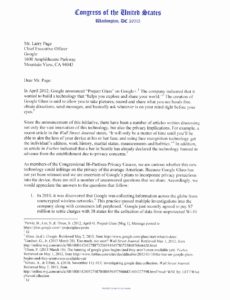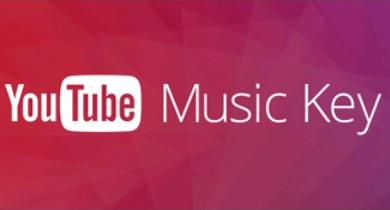Tag Archives: google
U.S. Congress Tackles Problems that Don’t Yet Exist
Why try to hammer out solutions to problems such as gun violence, immigration, healthcare costs and jobs when the country faces the threat of Google Glass. While unable to find bipartisan solutions to anything real, Congress is demanding answers from Google about the  potential dangers from Google Glass – a product that has not been released. The letter to Google CEO Larry Page – see full letter below – requests that Google reply by June 14, 2013 with solutions to problems created by what the not-yet released device’s not-yet known features might do. If they are sincerely concerned about privacy then they might want to start with some products that are actually being sold by the thousands that do exactly what they seem to be concerned about.
potential dangers from Google Glass – a product that has not been released. The letter to Google CEO Larry Page – see full letter below – requests that Google reply by June 14, 2013 with solutions to problems created by what the not-yet released device’s not-yet known features might do. If they are sincerely concerned about privacy then they might want to start with some products that are actually being sold by the thousands that do exactly what they seem to be concerned about.
They may wish to start with the Cellebrite UFED Touch, a device which can extract, decrypt, parse and analyze phonebook contacts, multimedia content, SMS and MMS messages, call logs, electronic serial numbers (ESN), International Mobile Equipment Identity (IMEI) and SIM location information. Some features do not require a physical connection to the device. Or instead of worrying about “what if” Google Glass might one day do facial recognition, Congress may wish to think of the privacy implications of real devices that actually do it today such as the BI2 Technologies MORIS™ a handheld biometric device based on the iPhone that can recognize and identify people based on iris, face, or fingerprint.


